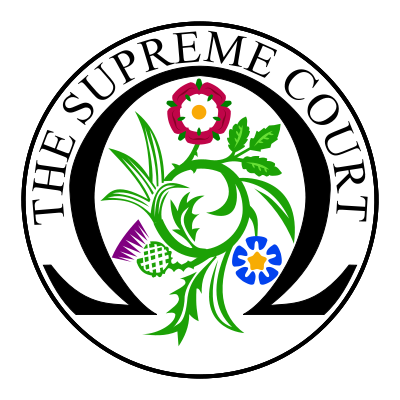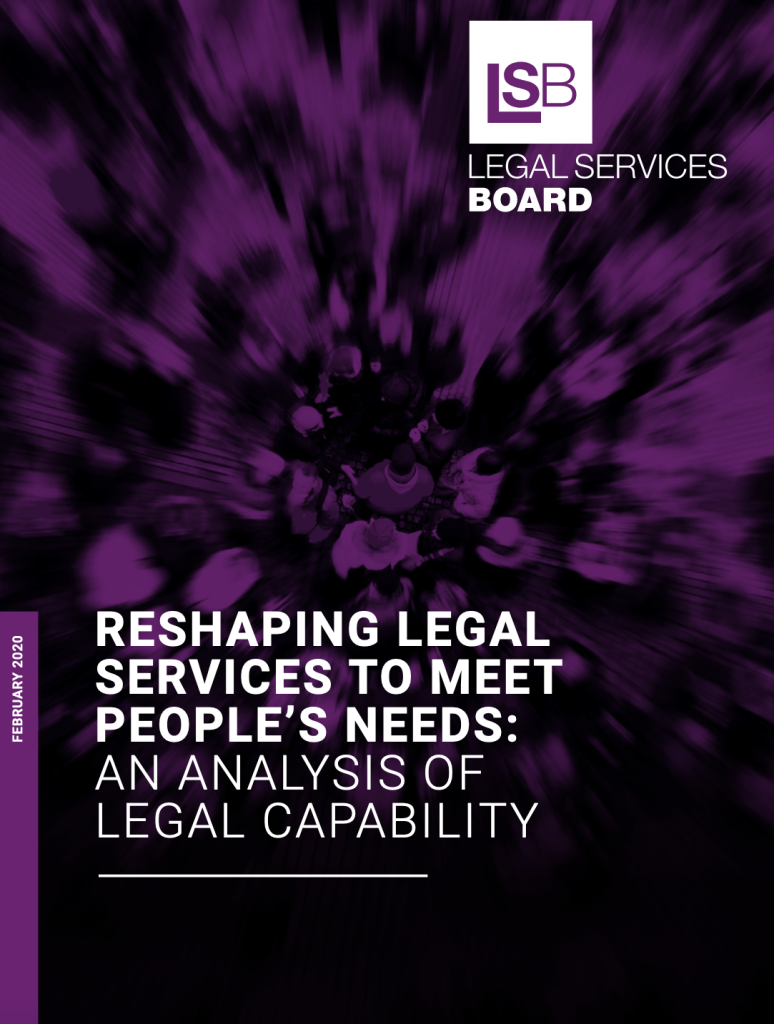
2023 may be a pivotal year for the rule of law in England and internationally. On 15 November 2022, Gray’s Inn hosted a panel titled, “Rule of Law & Access to Justice: where do we go from here?”. The rule of law is often informally reduced to the saying “No one is above the law”. In actuality, the UK’s rule of law is a complex organism that depends on structural and systemic conditions, such as judicial independence and confidence in the legal system. When the rule of law’s required conditions decline, the legal system fails to enforce equality and justice.
Panellists identified the expansion of ministerial powers and political attitudes as the biggest challenges to the rule of law in 2022. However, the panellists may have foreshadowed questions that national and international courts will be required to explore this year regarding the powers of English politicians. Legal affairs journalist Catherine Baksi moderated the panellists:
- Baroness Kennedy KC, Director of IBA Human Rights Institute
- Baroness Hale, Former President of the UK Supreme Court
- Abiodun Michael Olatokun FRSA, Campaigner, academic, and lawyer
- Joshua Cameron, Managing Director FTI Consulting

Baroness Hale opened the discussion by addressing the current tensions between the justice system and politicians. She professed the“cavalier attitude of the government to constitutional propriety” has denigrated “judges doing their job … and tax[ed] their independence.” At the time of her departure from the Supreme Court, Boris Johnson remarked “With great determination, we saw off Brenda Hale and we got Brexit done.” The primary purpose of the Supreme Court is to provide counsel independent of Parliament. However, Johnson intended to falsely claim that political agendas influence the Supreme Court.
By celebrating the Supreme Court’s “skewed” ruling on Brexit, Johnson compromised faith in the fairness and independence of the UK judiciary. Additionally, Baroness Hale asserted the government’s sustained disregard for the judiciary has produced tangible effects, such as the physical decay of courthouses. When the judicial system is rendered inadequate, equality and justice for all are unattainable.
Access to and equality under the law appears to be a marginal objective for Parliament. Cameron argued a leading cause of a shift in values can be attributed to a paradigm of ‘crisis thinking’.
“When you get into the habit of viewing every problem as a crisis that requires extraordinary solutions, we reach for extraordinary means.”
Joshua Cameron
The pandemic was a time of great uncertainty and demanded swift action. However, Cameron named the National Security and Investment Act 2021 as a prime example of how recent legislation is increasingly expanding ministerial powers beyond measures to address Covid-19. Cameron believes that ministers utilizing powers outside of the checks and balances of Parliament will presumably be more responsive to political and media influence. Such redistributions of powers are challenging constitutional functions.

Baroness Kennedy agreed the expansion of ministerial powers had eroded the rule of law. She also asserted the reformed role of Lord Chancellor has bred conflicting interests and failed the judicial system. The Labour party reformed the requirements necessary for someone to be appointed to the role of Lord Chancellor, enabling non-lawyers, such as Liz Truss, to serve the role. Baroness Kennedy recounted her disappointment in the Daily Mail’s attack on the judiciary during Brexit. She believes Truss lent support to media pressure and permitted bullying of the judiciary. Baroness Kennedy passionately asserted, “The role of the Lord Chancellor has always been … to be the protector of the judiciary and the independence of the judiciary”.
She reasoned that a “qualified lawyer without political aspirations” would better understand and defend the value of the judiciary’s independence. Baroness Kennedy emphasised her point by claiming the three successive resignations of Ministers of Justice were direct results of politicians’ arrogance toward the very laws they were enacting. Olatokun further illustrated the imbalance of legal power between government officials and lay citizens. He cited The Legal Service Board’s finding “that 36 per cent of people suffer from low legal confidence and low legal capability,” which results in unexercised individual rights.
Preventing people from accessing justice undermines constitutional values and human rights. The panellists agreed that top-down decisions are causing severe alienation, so severe in fact, that it may instigate the dissolution of the UK’s union. Current reform to the Human Rights Bill has been presented as a package of UK constitutional reform. Yet, Baroness Kennedy pointed out the European Convention on Human Rights was enacted through the Good Friday Agreement in Northern Ireland and the Scotland Act of Human Rights in Scotland. Therefore, an equivalent “British bill of human rights” lacks consideration for any legislation outside of England and Wales, and is “alienating regions of Great Britain”. Furthermore, Brexit has left Northern Ireland few options other than to openly breach international law as border relations with the EU remain undefined. As Cameron stressed, Brexit’s long-term impact on the UK’s international law is still unknown, leading some to call for political risk assessments on “whether the UK would be a sound place for business in decades to come”.
“Systems of law are like a tapestry, they’re woven together and as soon as we start eroding the bits that are about human rights … you start losing that respect.”
Baroness Kennedy

Baksi proposed that the dialogue be expanded to the UK’s involvement with human rights issues internationally. The panellists briefly discussed the UK’s policy to outsource immigration responsibilities to Rwanda. However, the conversation strongly favoured the issue of UK judges serving on the Hong Kong Court of Final Appeal. All agreed that recent policy decisions have damaged the UK’s reputation as a reliable judicial system.
Baksi then narrowed the conversation, asking “Is it time for the retired UK judges to leave the Hong Kong Court of Final Appeal?”. Baroness Kennedy drew attention to the ongoing case of Jimmy Lai, a pro-democracy businessman who is on trial for sedition and conspiracy. She called for the departure of UK judges from Hong Kong, so they may not “participate in the erosion of the rule of law which is now taking place”. Additionally, she believed the departure of UK judges would happen “very, very soon”. Baroness Hale, having served as a judge in Hong Kong, countered this point. She stated that “judges are invited rather than imposing upon or weakening faith in Hong Kong courts”. Baroness Hale continued, stating that UK judges remain in Hong Kong “because the Hong Kong people and judiciary want them to stay”. Baroness Hale conceded there may come a time when UK judges “must enforce unacceptable laws”, but did not endorse their departure from Hong Kong.
In the weeks after the panel, the Hong Kong secretary of justice attempted to stop Lai’s UK barrister from representing him in court. The block was overturned by the High Court and Court of Final Appeal. According to the Hong Kong Free Press, Lai’s counsel requested to meet with PM Rishi Sunak. In response, the Hong Kong government released a statement on 10 January 2023 which condemned UK lawyers’ participation and claimed that the UK government is attempting to undermine Hong Kong’s rule of law. Lai’s case may be a catalyst for Hong Kong to ban retired UK judges from serving on the Court of Final Appeal. Although Hong Kong has affirmed Lai will be treated equally under the law, after repeated deferrments to Lai’s court date, it remains uncertain when Lai will have his day in court.
Change is an inevitability in all matters. Yet, it remains unknown whether the coming changes will strengthen the roles of judiciaries nationally and internationally. Olatokun encouraged those in attendance to strengthen existing legal systems by supporting public legal education. By advocating and volunteering for the provision of legal services, he suggested, we can contribute towards positive change, strengthening the role of the rule of law in 2023. To borrow Olatokun’s closing words, “Law is accountability. Be at the table rather than on the menu.”

If you’d like to watch the event yourself, you can find it on YouTube. For recent coverage on Jimmy Lai’s case, there’s a write up on HKFP.
Mikayla is a GDL student and aspiring solicitor writing digestible law articles so people can make informed decisions. She is particularly interested in environmental justice, career planning and community engagement.

